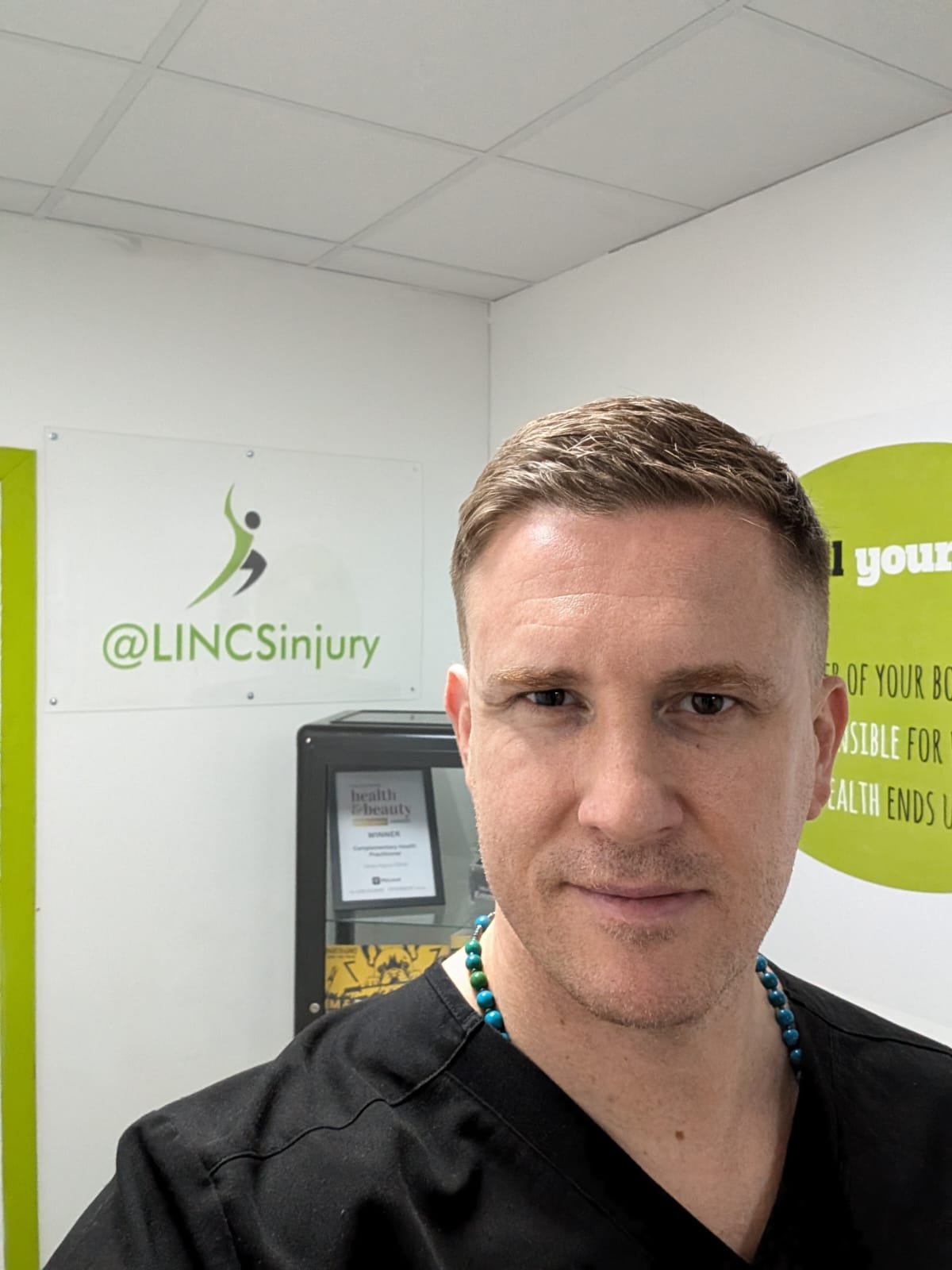- Lincs Injury's Round Up
- Posts
- Why Gut Health Matters for Muscles and Connective Tissues
Why Gut Health Matters for Muscles and Connective Tissues
Why Your Gut’s Talking to Your Brain (And What It’s Saying), Discover How A Healthy gut benefits your body – from mind to muscle!

Read Time: 4 mins ⏱️
Today, we’re unpacking the incredible world of gut health.
Did you know? Your gut isn’t just in your stomach – it’s a network of four organs, each with its own role and communication system.
Astonishingly, the gut even has its own “second brain” and a direct hotline to the brain in your head.
With nearly half of us experiencing some form of gastrointestinal issue, understanding this link is crucial for overall wellness, including muscle and connective tissue health.
🌍 Why Gut Health Matters for Muscles and Connective Tissues
Gut health impacts more than just digestion; it’s crucial for muscle recovery, joint resilience, and connective tissue health.
Studies reveal that a well-balanced gut microbiome is key for regulating inflammation, which is essential for healing our tissues.
Geeky Bit - Amino acids from protein digestion are absorbed in the small intestine, where gut bacteria help facilitate the process, providing the building blocks needed for muscle repair and connective tissue resilience.
🧠 How Your Gut Talks to Your Brain (and Your Muscles)
The gut-brain connection is more than just a quirky idea – it’s a scientifically-backed interaction.
When your gut is healthy, it can better regulate cortisol (the stress hormone), supporting reduced inflammation and more effective tissue healing after workouts.
The vagus nerve connects the brain and the gut, allowing bi-directional communication.
This connection also influences the body’s stress response, which can affect muscle recovery.
🌱 Lifestyle Factors, Gut Health, and Recovery
The foods we eat and the routines we stick to shape our gut microbiome – the diverse community of bacteria, viruses, and fungi in our digestive tract.
Diets high in fibre, rich in plant-based foods, and low in ultra-processed items support gut health, allowing beneficial bacteria to flourish.
This, in turn, promotes nutrient absorption and reduces inflammation, helping muscles and connective tissues recover more effectively.
Modern life introduces new challenges for gut health and tissue recovery.
WARNING overuse of antibiotics can disrupt gut bacteria, impacting nutrient absorption and inflammation. Research also highlights building a resilient gut, helps with lifelong muscle and tissue health.
🌿 Fibre and Fermented Foods for Gut and Tissue Health
Aiming for around 30 grams of fibre daily is beneficial gut bacteria, supporting digestive health, reducing inflammation, and even aiding in post-exercise recovery.
Consuming fermented foods like yogurt and kimchi can also support gut-friendly microbes.
Additionally, a fibre-rich diet helps absorb essential nutrients – like magnesium and vitamins C and K – vital for collagen synthesis and tissue repair.

💡 Take-Home Tips: Tuning into Your Gut for Better Healing
Routine is Key: Just as with sleep, keeping regular meal and bathroom times aligns with your body’s natural circadian rhythm, supporting not only gut health but also effective tissue recovery.
Go When You Need To: Ignoring the ‘urge to go’ can disrupt the balance of gut bacteria, which impacts nutrient absorption.
Moderate Stress: Chronic stress disrupts the gut-brain connection, which can delay muscle recovery and strain connective tissues. Relaxation techniques, exercise, and mindful practices can help regulate gut health and improve healing.
Consider the Big Picture: More than just probiotics, the foundation of gut health and tissue resilience is a diverse, colourful diet. Veggies and fruits not only boost gut bacteria but also provide nutrients essential for collagen and muscle repair.
Love Emma & The Team x
P.S.: Nurture your second brain to help keep your muscles and tissues strong!
PPS. Want any extra tips & advice?
You can Speak with Paul our ‘GO TO Longevity Guy’🌟

Reply